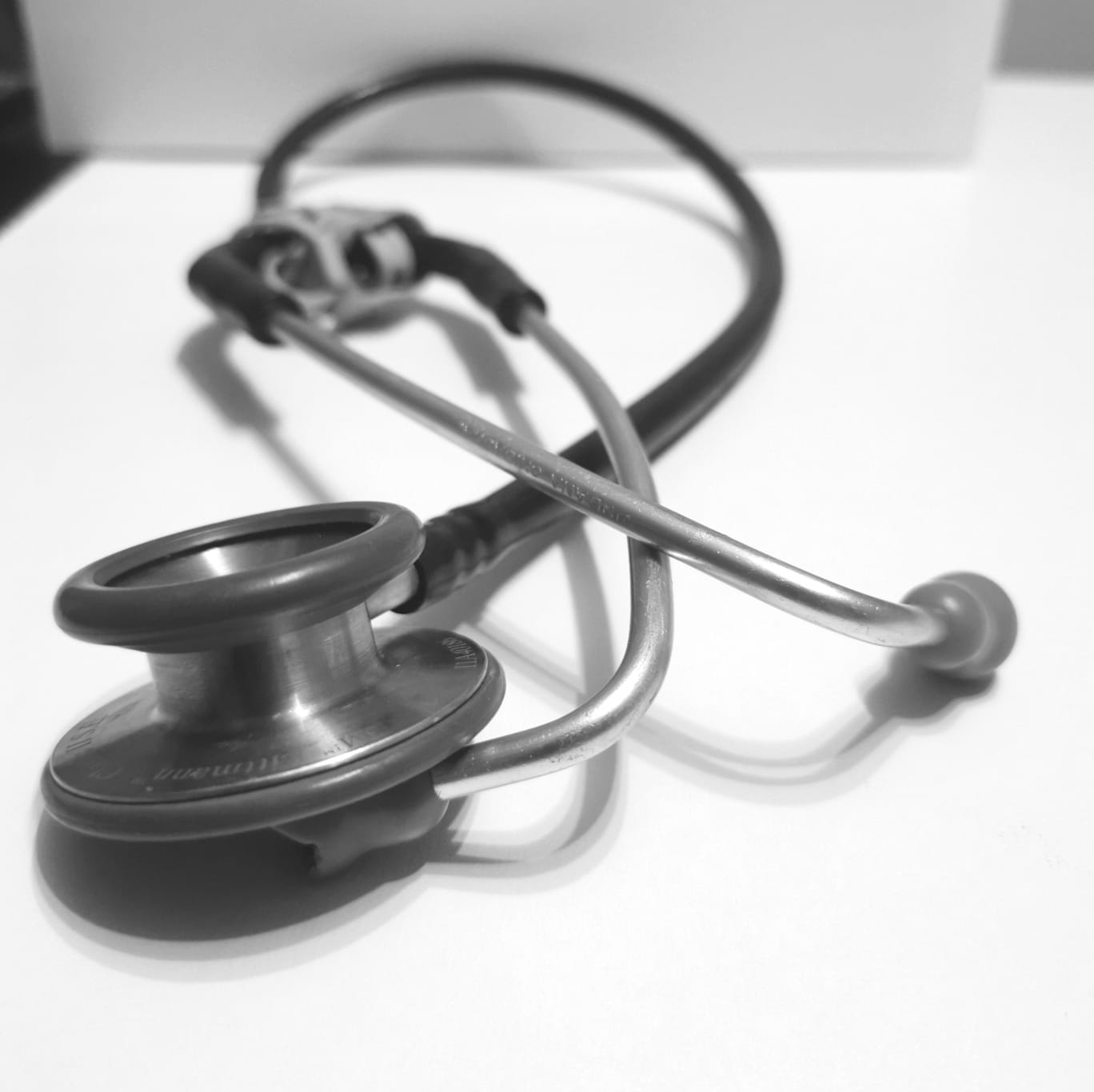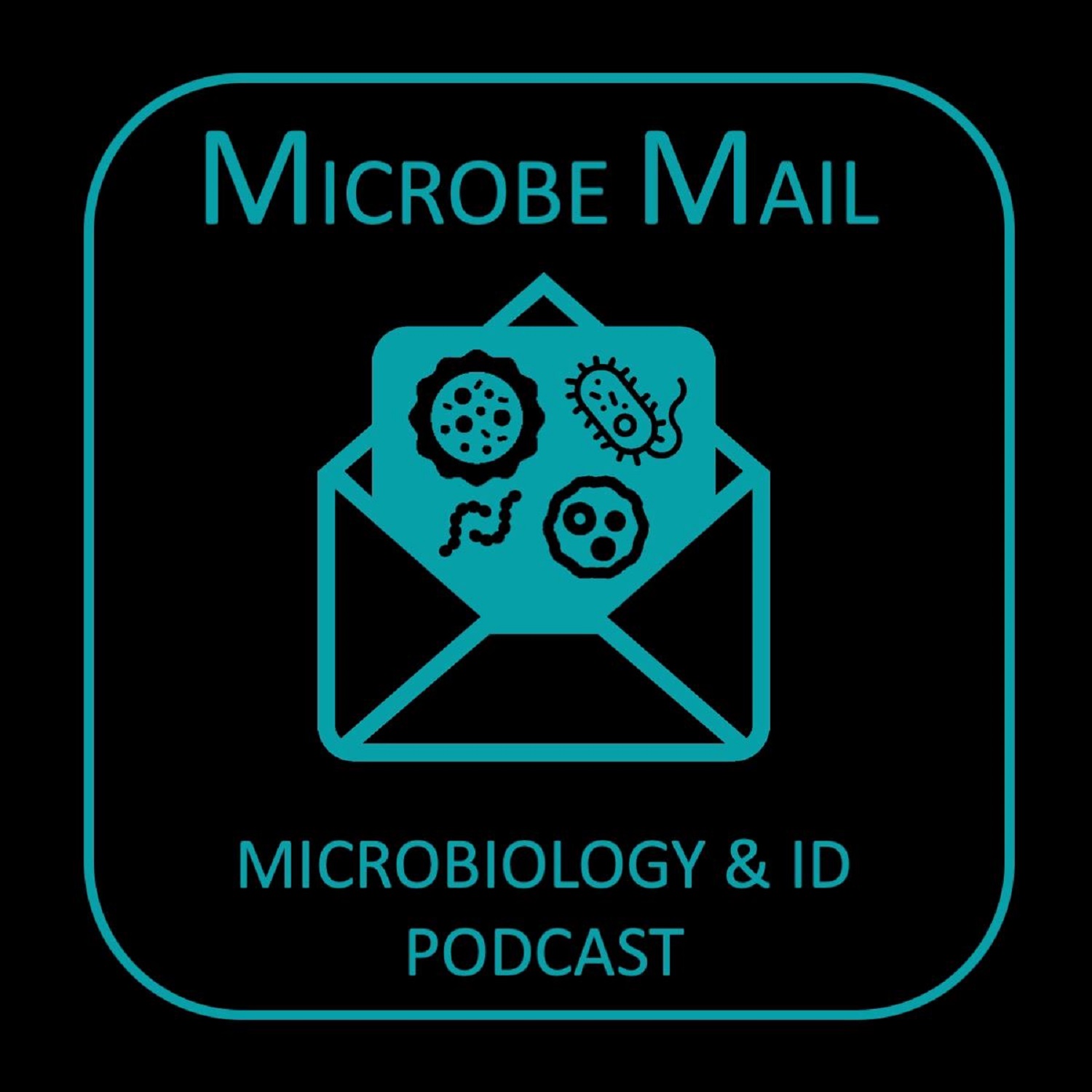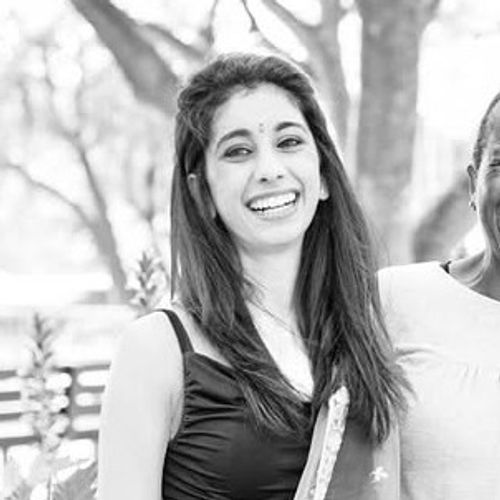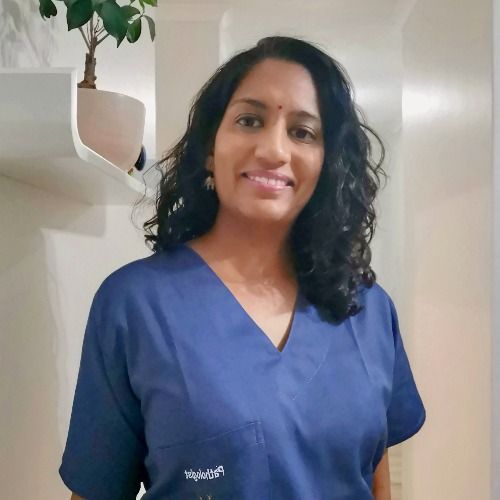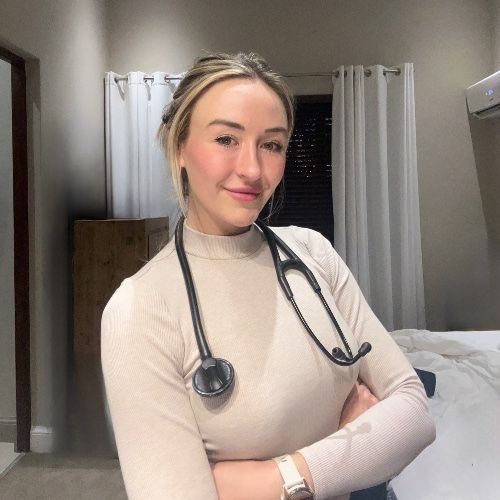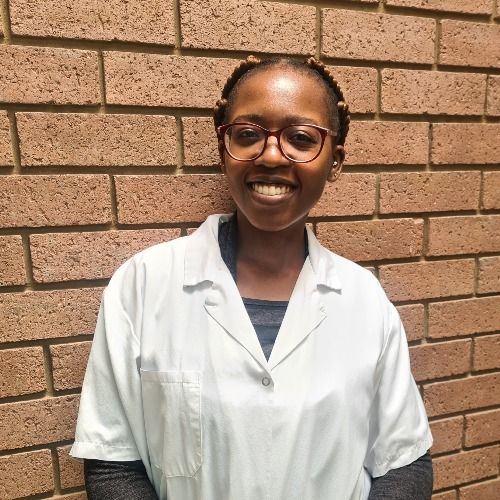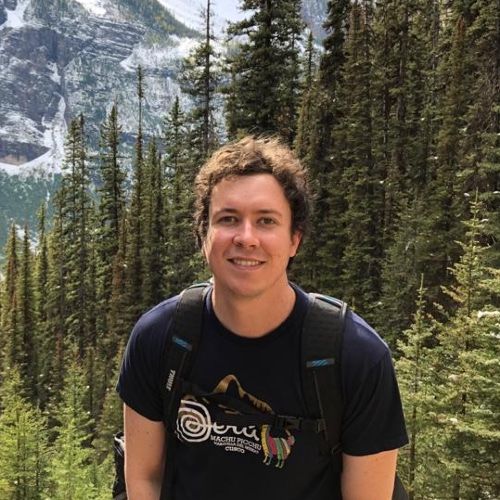Everyday do's and don'ts in Infection Prevention and Control practice
In this episode of Microbe Mail, we go through everyday things that every healthcare practitioner should and shouldn’t do in infection prevention and control practices.
Guest: Professor Adriano G Duse
Adriano G Duse is the Professor and Head of Clinical Microbiology and Infectious Diseases in the School of Pathology, University of the Witwatersrand, Johannesburg, South Africa.
He is a passionate about education and teaches under- and postgraduate students in the Faculty. He is the recipient of teaching awards and nominations such as the Phillip V Tobias Medal/Convocation Distinguished Teacher’s Award, the Daubenton Prize for Distinguished Teaching in Medical Microbiology and the Vice-Chancellor's Teaching Award.
Professor Duse has also received the James Gear Medal for Academic Excellence. In 2005 he introduced the training of infection control nurses in the form of an ‘Advanced Diploma in Infection Control’ consisting of a two year training course in conjunction with the Department of Nursing, Faculty of Health Sciences.
Prof Duse served as a Southern African Chair for the Global Antibiotic Resistance Partnership (GARP). GARP is a project of the Centre for Diseases Dynamics, Economics & Policy (CDDEP) which works to create greater awareness among policymakers in low-middle income countries about the growing threat of antibiotic resistance and to develop country-relevant issues.
Professor Duse expertise in viral haemorrhagic fevers (VHFs) started in 1996 and resulted in him being appointed by the World Health Organisation, Geneva, to act as expert consultant and provide education to health care staff and case management during the 2005 Angolan Marburg viral haemorrhagic fever outbreak and the 2006/7 Kenyan Rift Valley fever outbreak. In December 2012 he was appointed WHO short-term consultant for the Infection Control Group for the Ebola haemorrhagic fever outbreak response team in Uganda. In 2014-15 he was deployed to Liberia, Sierra Leone & Nigeria in his capacity as an Ebola haemorrhagic fever expert. Subsequently, Professor Duse was appointed a member of the WHO Global Infection Prevention and Control Task Team. In addition to VHFs, Professor Duse has been actively involved at national level in the South African National Task Team to curb the transmission of tuberculosis and other infectious diseases in detainees in South African prison cells and correctional facilities.
Professor Duse has authored or co-authored over 100 scientific publications, of which close on 80 are PubMed listed, several chapters of textbooks and is an invited speaker and has presented extensively at both local and international scientific conferences. Professor Duse has a special interest in Travel Medicine and is an EXCO member of the South African Society of Travel Medicine and was appointed Chair of the Scientific Organizing Committee for the 2016 (last year) and 2018 international scientific meetings in this discipline.
Visit the Microbe Mail website to sign up for updates
E-mail: mail.microbe@gmail.com
YouTube: Microbe Mail
Instagram: Microbe_Mail
Prof Duse:
Website: Wits University
Facebook:

